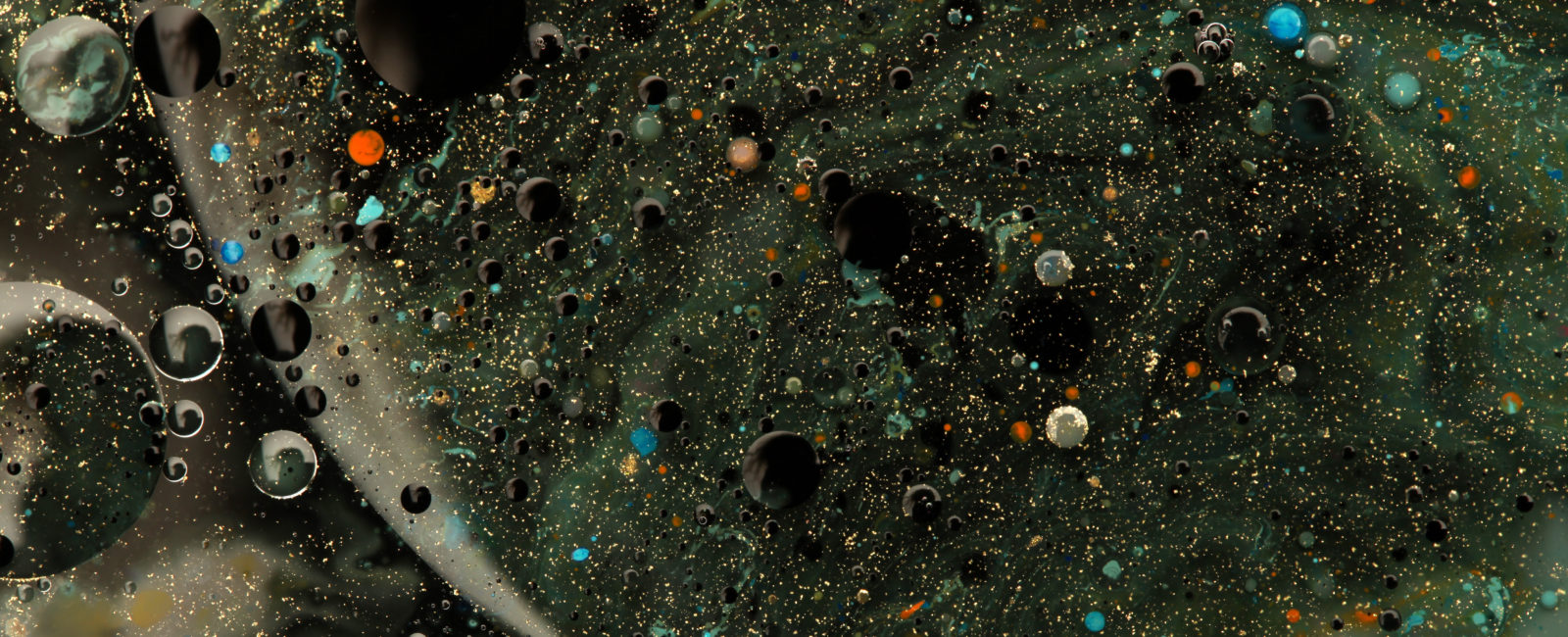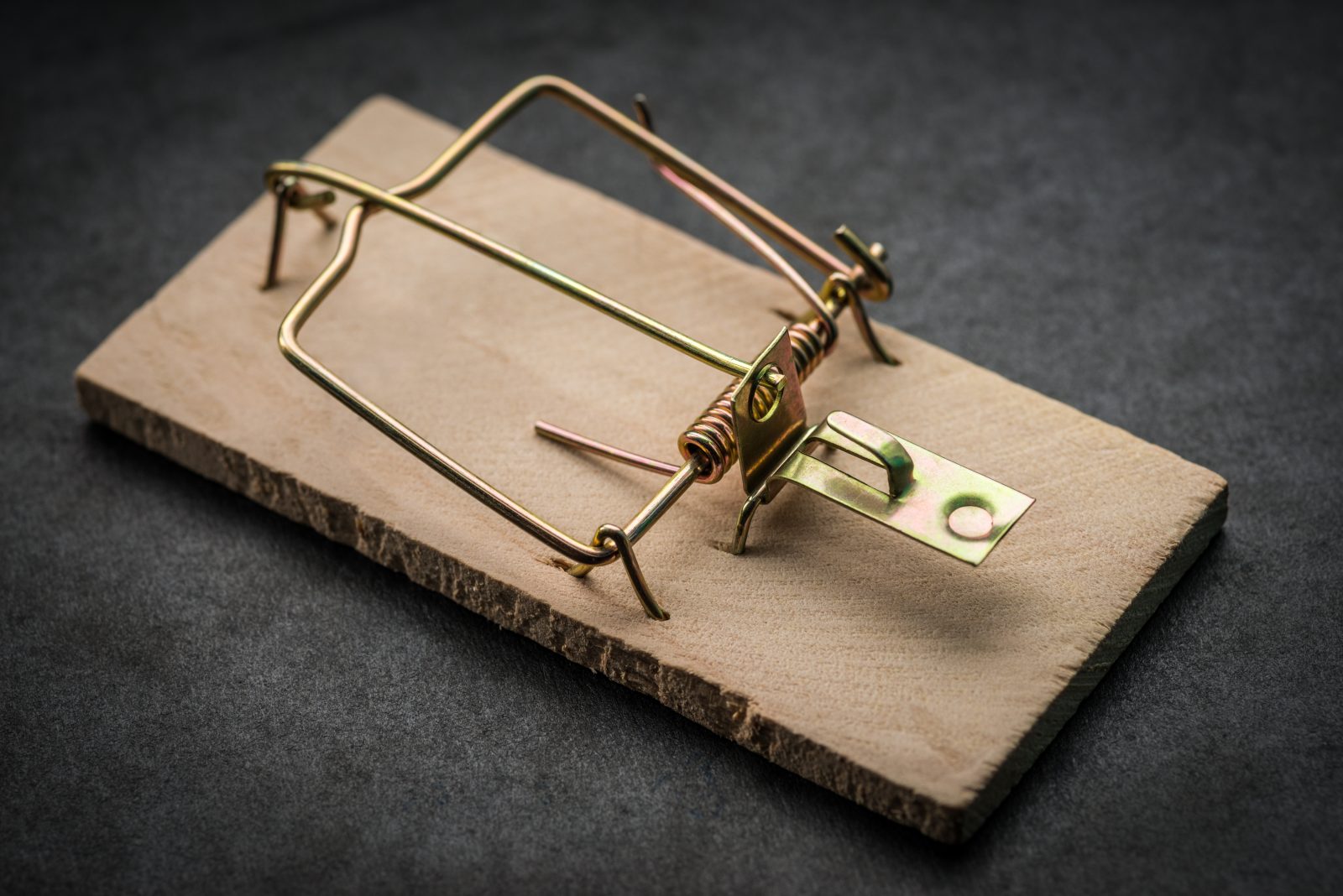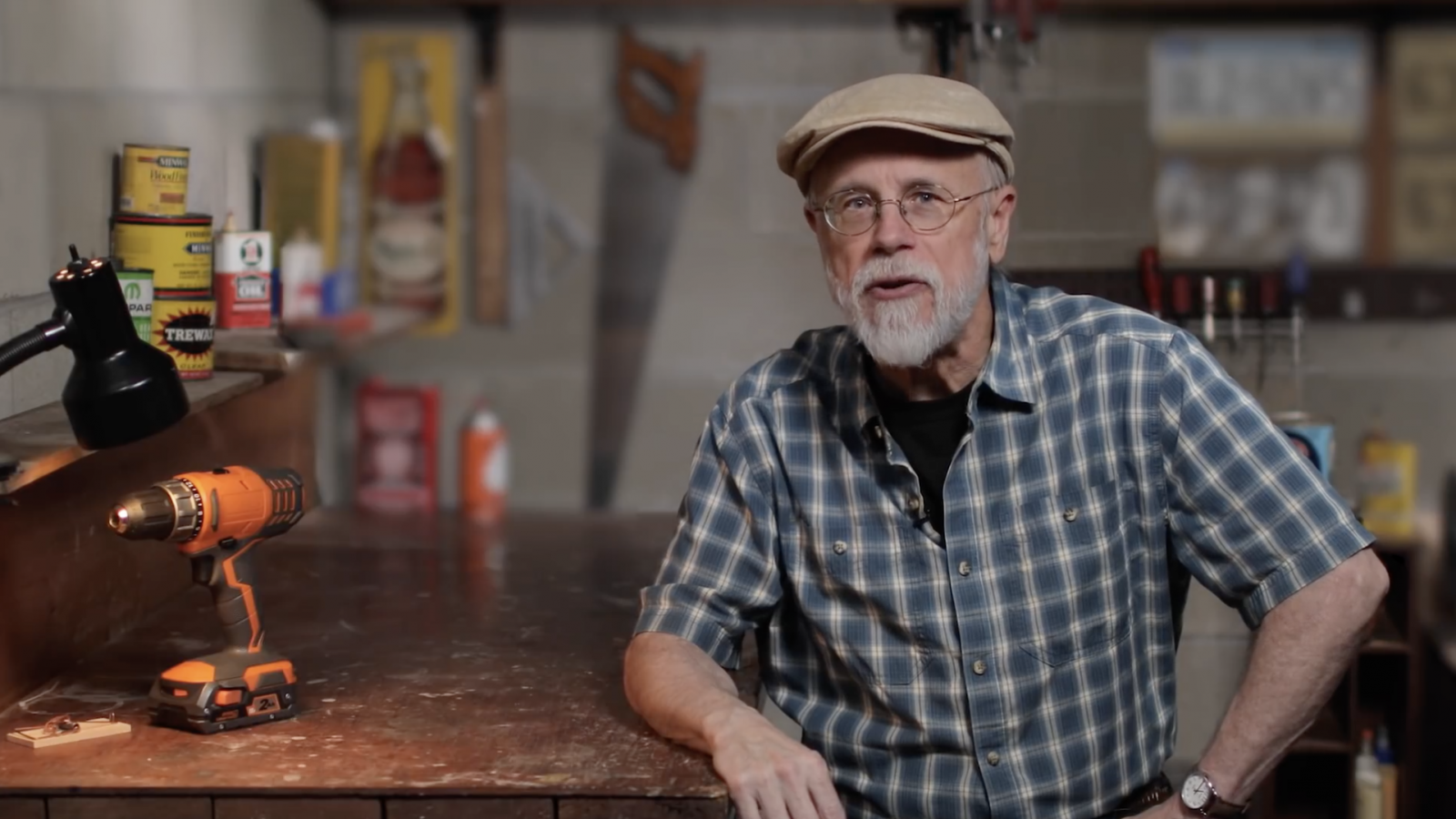


Behe Counters the Best Objections to Irreducible Complexity and ID, Pt 3
On today’s ID the Future biologist Michael Behe and Philosophy for the People host Pat Flynn conclude their conversation (posted by permission here) about some of the best objections to Behe’s central case for intelligent design. One objection Behe and Flynn tackle in this episode: the idea of evolution overcoming the irreducible-complexity hurdle through co-option. That is, maybe the precursors to what would become one of today’s molecular machines, such as the bacterial flagellum motor, co-opted simpler machines being used for other purposes, allowing evolution to build a bacterial flagellum motor one small step at a time over thousands or millions of generations, even though the completed bacterial flagellum ceases to function at all when just one of its many key parts is removed. Behe has illustrated the idea of irreducible complexity with a mechanical mousetrap. Take away just one of its several key parts and it ceases to function even a little bit as a mousetrap. Evolutionist Kenneth Miller counters by noting that parts of the mousetrap could have served other purposes, such as a paper weight or a tie clip. Listen in to hear Behe’s explanation as to why such imaginative reasoning is no help to the evolution of irreducibly complex biological wonders like the bacterial flagellum. At the end of the conversation, Flynn points listeners to a web page where he has gathered his several conversations with Behe over the years, including two that involved debates with pro-evolution guests. That page is here. Flynn also calls attention to Behe’s four books, including his latest one, where he answers many objections posed by his critics, with many of the critiques appearing in high-level science journals. The book is A Mousetrap for Darwin. You can get it here and here in hardcover, paperback, or Kindle/eBook.

ID Pioneer Michael Behe Tangles with Two Philosophers, Pt. 2
In today’s ID the Future, intelligent design pioneer Michael Behe continues his conversation with philosophers Pat Flynn and Jim Madden. Here in Part 2 of a three-part series, Behe offers an illustration from language and Madden presses him, noting that meaning detection in language is not parts to whole. A lively exchange ensues and then Behe turns the discussion back to his primary focus, detecting design in molecular biological machines by recognizing the purposeful arrangement of parts. From there the conversation turns to everything from epigenetics, systems biology, and autopoiesis to co-option, mousetraps, tie clips, biologist Kenneth Miller, and the philosophers Aristotle and Thomas Aquinas. For Behe’s newest book, A Mousetrap for Darwin, go here. This discussion is presented here with permission of philosopher and podcaster Pat Flynn.

Michael Behe Answers Your Questions
This episode of ID the Future features Darwin Devolves author Michael Behe. The Lehigh University biologist and Discovery Institute Senior Fellow sat down to answer some of the most common questions put to him about evolution and intelligent design, and here we collect his answers to three of those questions: (1) What are some new examples of irreducibly complex systems? (2) What are some objections to ID from well-known critics? And (3) Why aren’t you convinced by theistic evolution arguments?